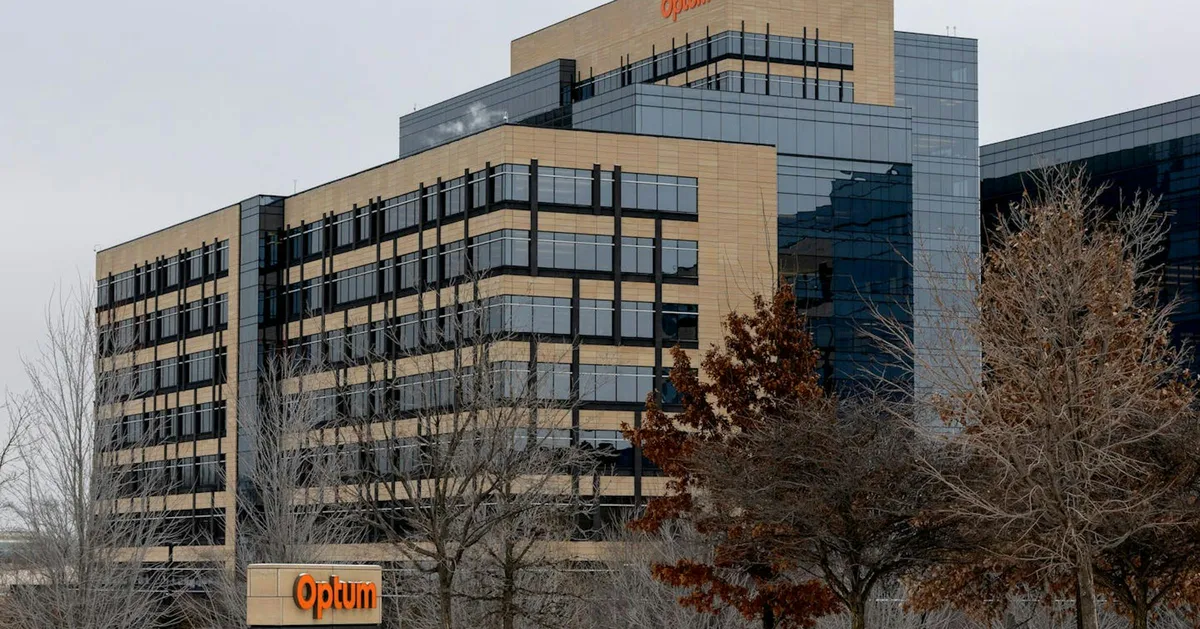
Eden Prairie-based health care giant UnitedHealth Group has reported a significant financial setback for the first quarter of 2025, falling short of Wall Street expectations. This unexpected result marks a rare miss for the company, which has a long history of strong financial performance. The news was first reported by Christopher Snowbeck of the Minnesota Star Tribune on April 17, 2025.
In response to the disappointing earnings, UnitedHealth Group's share price dropped approximately 23% during midday trading on Thursday. This dramatic decline follows the company's decision to lower its earnings outlook for the year, attributing the change to a surprising increase in medical costs. The complex challenges related to health care utilization led to a significant loss for investors, with nearly $120 billion wiped off the company’s market capitalization. This marks the largest single-day drop in the stock price of UnitedHealth since the 1990s, a time when it was still a relatively smaller entity in the health care sector.
During a conference call with investors, Andrew Witty, the chief executive of UnitedHealth Group, expressed the company's commitment to improve its operational performance. He described the financial results as “unusual and unacceptable,” emphasizing the need for the company to better predict and manage rising health care costs. The spike in medical costs was largely driven by increased care usage among Medicare Advantage patients during the first quarter.
The unexpected surge in care utilization adversely affected the financial results of UnitedHealth's UnitedHealthcare division, which is recognized as the largest health insurer in the nation. Additionally, the challenges extended to the company’s Optum health services business, which operates a network of clinics and surgery centers throughout the United States. Officials indicated that new Medicare patients accessing Optum’s services generated less revenue than anticipated due to discrepancies in medical coding submitted to the government, which failed to capture the full extent of patients' health issues.
The situation was further complicated by Medicare's tightening of risk-based funding to insurers, leaving many analysts surprised. John Boylan, an analyst with Edward Jones, noted in a research report, “There is no doubt this was a big surprise. We, and likely other investors, believed that United properly accounted for higher care costs in its 2025 insurance rates after seeing much higher-than-normal costs in 2024. Clearly, this was not the case, as costs remain elevated.”
As UnitedHealth Group navigates these challenges, investors and analysts will be closely monitoring the company's strategies and adjustments in response to the rising medical costs and evolving health care landscape.